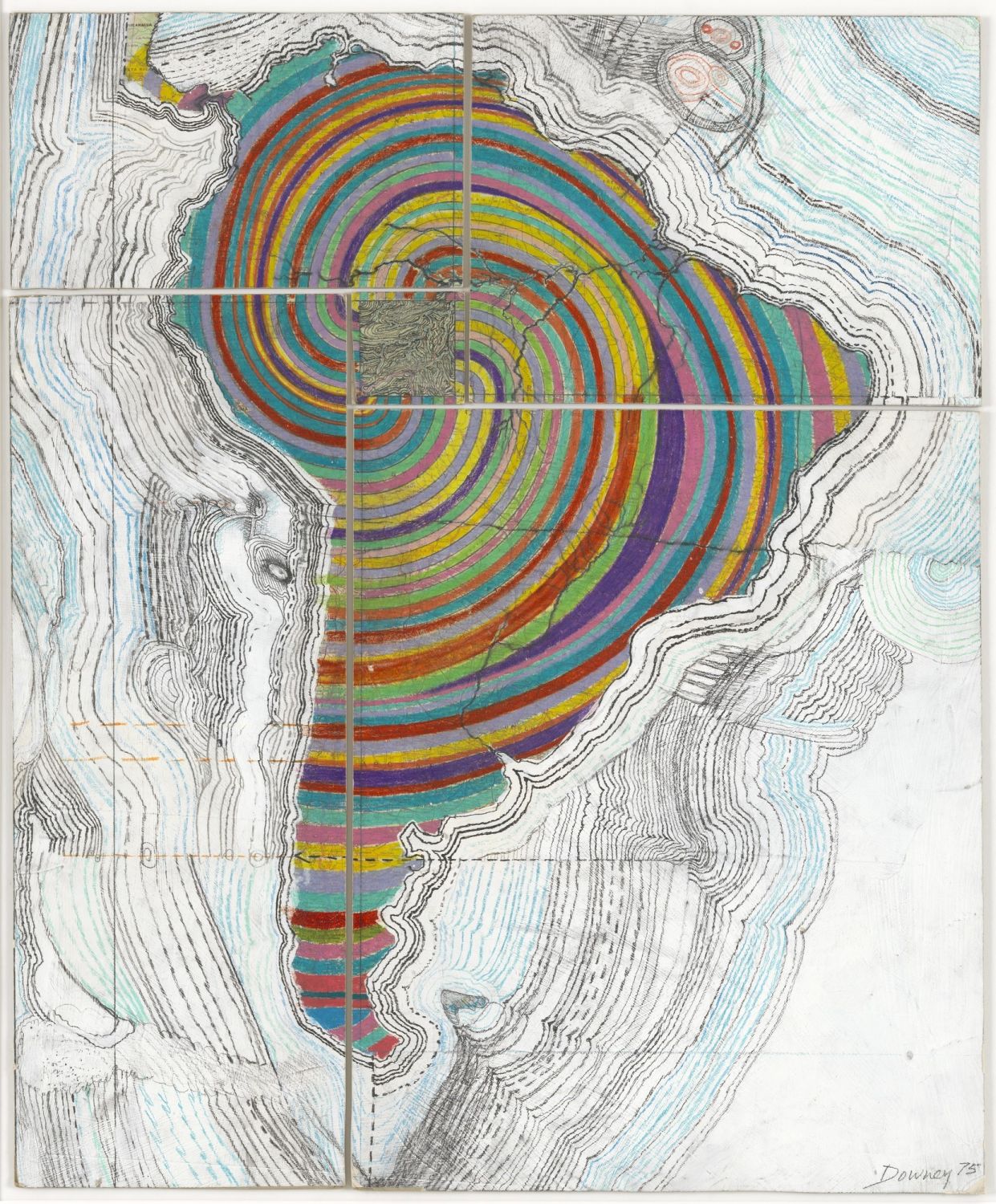Concept and Organization:
Dr. Anne-Grit Becker and Dr. Jordan Troeller
June 17–18, 2021
Travel as a condition that enables cross-cultural exchange has emerged as an urgent topic in art history and cultural studies. The reasons for this shift are many: travel as an encounter with Otherness raises questions of authorship and viewership; experiences of dislocation expose the inadequacies of “influence” as an explanatory concept; and travel furthercomplicates the expanded geographic parameters of art history.
In an effort to address some of these issues, this workshop invites contributions from both established and emerging scholars, which examine instances in the twentieth century of artists traveling in the Americas —instances that were not only a matter of personal experience, but resulted in material artifacts, whether as artworks, photographs, sketchbooks, travel diaries, exhibitions, or other textual and visual objects. We are especially interested in the implications of travel for artistic collaboration: how has travel, for instance, enabled collaborative work otherwise not possible remotely or, alternatively, how has it led to new definitions of authorship? Equally important are more ambivalent forms of collaboration, such as encounters that may have only existed on an imaginative level or failed altogether to produce a collaboration.
Rejecting the conventional distinction between center and periphery, as well as the global “north” vs. “south,” the workshop will focus instead on the Western Hemisphere, defined loosely as North and South America in a transcontinental context, encompassing related, less rigid, geographic parameters, such as Paul Gilroy’s Black Atlantic. Papers may address any topic in the twentieth century within this area, related to the workshop’s main interest in the intersection of travel and collaboration.
Contributions may engage but are not limited to such questions as:
- In what ways does an artist’s encounter with cultural difference take on a material form and are these “objects”—experience and form—mutually illuminating? Can this relation alter modes of artistic production, maybe even after the artist has left the place he or she visited?
- Did the temporary surrender of a long-term or fixed location result in collaboration of some kind? If so, how do we define a collaborative practice under these circumstances and what are the specific conditions that enable it to take place? Which obstacles and conflicts can be identified while collaborating and how might they be articulated within the work itself, perhaps through multiple or unstable points of view?
- How do such entangled artistic practices—which simultaneously cut across national, cultural, and other forms of identities—change the way art history is written and rewritten, particularly given the discipline’s current geographical expansion?
